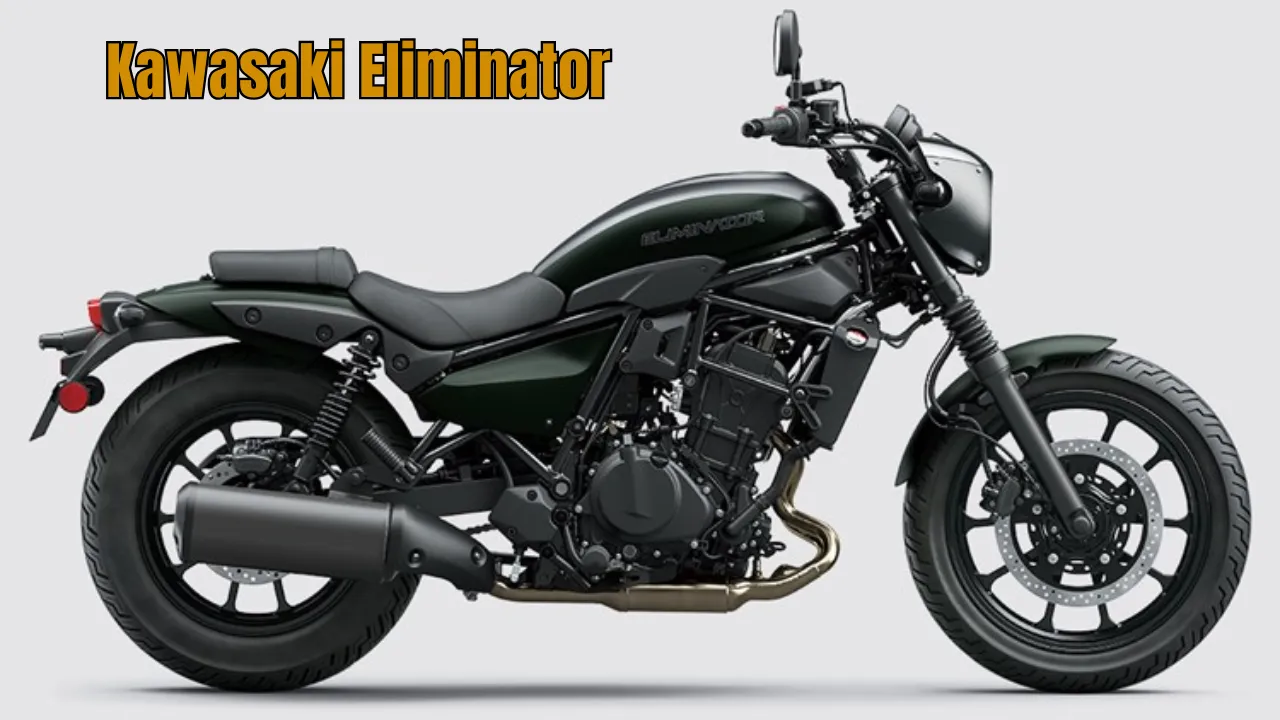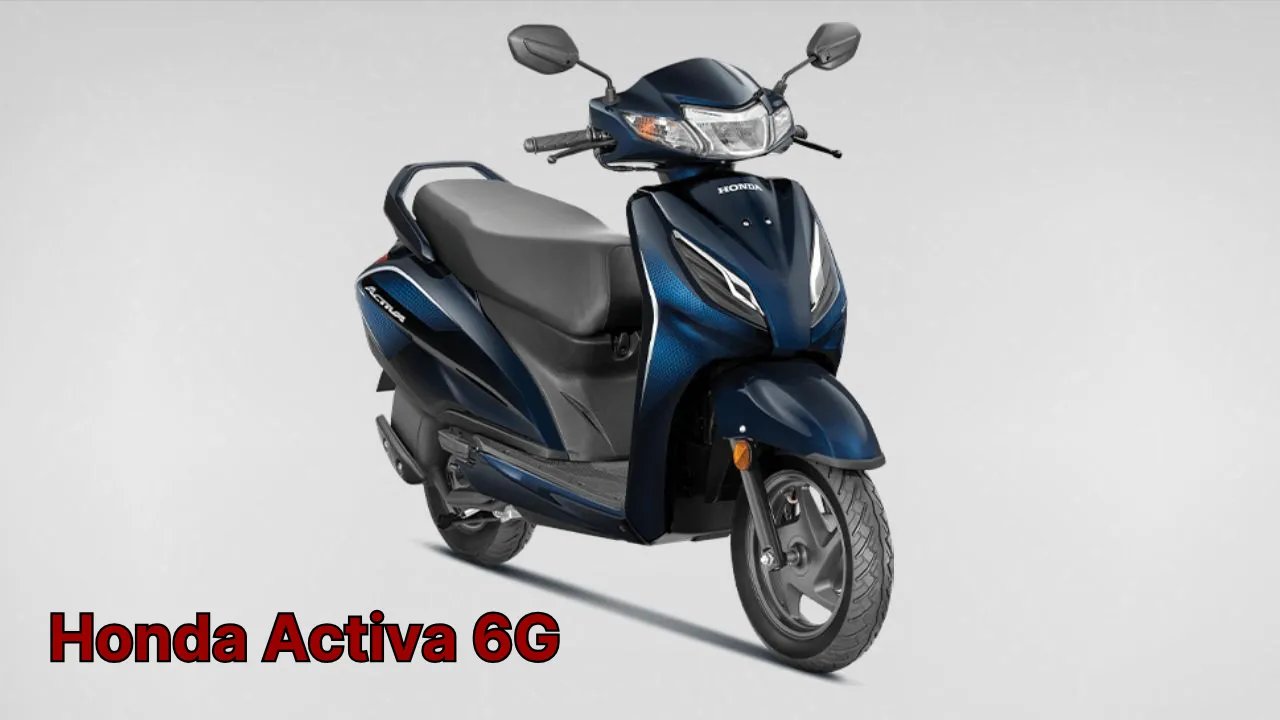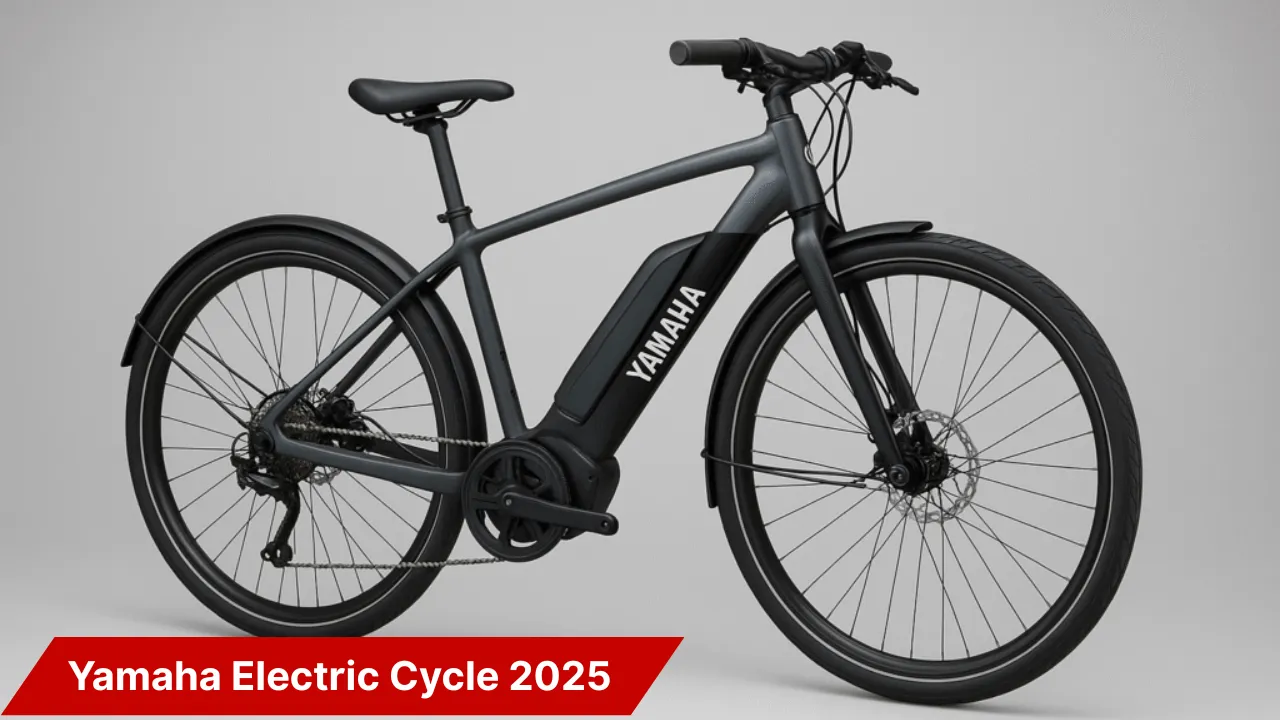Coir machinery manufacturing has long been associated with traditional processes and conventional materials. But in Kerala, a silent revolution is underway. At the heart of it lies the Kerala State Coir Machinery Manufacturing Company (KCMMC), where engineers, scientists, and innovators are transforming how coir-based products are made and used.
This article dives deep into the inner workings of KCMMC’s Material Innovation Lab, exploring how it experiments with composite materials and coconut derivatives to build stronger, greener, and longer-lasting machinery. From eco-conscious engineering to community impact, this lab is not just updating technology—it’s redefining what’s possible in the coir industry.
Coir Machinery Manufacturing: Pioneering Innovation from Coconut to Composite
At the core of KCMMC’s success is its focus on coir machinery manufacturing that blends tradition with advanced material science. The company is investing heavily in research to build durable components from coconut fiber, husk, and pith. These materials are not just sustainable—they also outperform many conventional materials in resilience and cost-efficiency. This innovation is driving a new era for the coir industry, one that’s built on eco-conscious design, local resource utilization, and cutting-edge composite technology.
Overview Table: Key Elements of KCMMC’s Innovation Lab
| Area of Focus | Innovation Type | Benefits |
| Composite Materials | Hybrid coir-polymer blends | Increased durability, reduced weight |
| Coconut Derivatives | Pith insulation, husk reinforcement | Waste reduction, natural alternatives |
| Sustainable Engineering | Bio-coatings, natural resins | Eco-friendly production, chemical-free |
| Local Economy Integration | Farmer partnerships, waste sourcing | Livelihood support, zero-waste goals |
| Machinery Efficiency | Lightweight, corrosion-resistant parts | Easier maintenance, lower costs |
Pioneering with Composite Materials
KCMMC’s lab is leading the charge in developing composite materials by combining natural coir fibers with synthetic resins and biopolymers. The result is a line of components that are not only tough but also environmentally sound. These composites are designed to replace traditional metal and plastic parts in machinery, cutting down the overall weight while improving resistance to corrosion and wear.
Unlike generic composites, KCMMC focuses on application-specific development, tailoring each blend for maximum efficiency in coir machinery. This means better performance under stress, minimal deformation, and improved energy efficiency during operation.
What sets these materials apart is their adaptability. Whether it’s bearings, panels, or moving parts, coir composites are proving effective in replacing heavier industrial materials without sacrificing strength or durability.
Sustainable Use of Coconut Derivatives
The lab doesn’t just stop at fibers—it’s turning the entire coconut into a resource. By developing ways to reuse coconut husk and pith, KCMMC has created a pipeline of sustainable raw materials. These are processed and transformed into insulation panels, vibration-absorbing mats, and other useful components.
Coconut pith, for example, has high moisture retention and thermal insulation properties. KCMMC uses it in machinery housings and enclosure linings to reduce operational heat and sound pollution. This is an important step forward in sustainable manufacturing, reducing dependence on synthetic insulators that are harmful to the environment.
Moreover, by sourcing these materials locally, KCMMC supports rural coconut farmers and encourages a circular economy. It’s a win-win: improved product performance and increased value from agricultural waste.
Benefits of Material Innovation at KCMMC
KCMMC’s innovation strategy is producing tangible results across multiple dimensions:
- Improved Component Lifespan: Composite parts resist corrosion and require less frequent replacement.
- Energy Efficiency: Lighter machinery means less power is needed for operation.
- Lower Maintenance Costs: Stronger materials reduce repair frequency and downtime.
- Eco-Friendly Production: Using renewable materials aligns with India’s green policies.
- Local Economic Boost: Farmers gain new markets for coconut by-products.
All of these benefits combine to create a product that’s more reliable, sustainable, and economically viable for both manufacturers and users.
Two Key Innovations at the Lab
- Hybrid Coir Composites
The lab has created advanced hybrid materials using coir fiber, natural binders, and minimal synthetic additives. These composites are designed to replace plastic components without compromising strength or performance, offering a biodegradable and efficient alternative for industrial use. - Coconut Pith-Based Insulation
KCMMC’s insulation panels made from refined coconut pith are used in machinery and industrial applications. They help regulate temperature, reduce noise, and minimize energy loss, all while being environmentally friendly and affordable.
How Innovation Supports Kerala’s Green Mission
KCMMC’s focus on sustainability fits perfectly with Kerala’s long-standing commitment to environmental responsibility. Through green manufacturing practices and low-waste production methods, KCMMC is helping the state become a model for eco-innovation in manufacturing.
The use of natural fibers and biodegradable materials has helped reduce the environmental footprint of machinery production. This aligns with government goals around carbon reduction, renewable resource use, and circular economies. KCMMC is not just building machines—it’s building a sustainable future.
Future Projects in the Pipeline
The Material Innovation Lab has several new projects under development:
- Bio-Coating Solutions: Non-toxic coatings to protect components from wear and moisture without harmful chemicals.
- Nano-Coir Infusion: Integrating nano-structured coir particles to enhance material strength and flexibility.
- Cross-Border Collaborations: Partnering with global labs and universities for shared innovation.
- Smart Coir Sensors: Embedding sensors into coir panels to monitor machinery health and performance in real time.
These forward-thinking projects highlight KCMMC’s role as not just a manufacturer, but an innovator and thought leader in the coir machinery manufacturing space.
Why This Matters for the Coir Industry
The broader coir industry in India faces significant pressure to modernize. With increased global focus on sustainability and responsible sourcing, traditional manufacturing models are no longer enough. KCMMC’s innovations offer a way forward—one that blends tradition, science, and social impact.
By demonstrating that natural fiber composites can outperform traditional materials, KCMMC is helping shift industry standards. As more manufacturers see the cost and environmental benefits, widespread adoption of these materials could transform the coir sector nationally and globally.
FAQs
What does KCMMC focus on in its research lab?
KCMMC focuses on developing sustainable materials using coir and coconut derivatives to create better-performing, eco-friendly machinery components.
Why are coir composites better than traditional materials?
Coir composites are lightweight, durable, and biodegradable. They reduce maintenance and environmental harm compared to metal or plastic parts.
How is coconut pith used in machinery?
Coconut pith is refined into insulation materials that reduce heat and sound in coir machinery, improving energy efficiency.
Does KCMMC help local farmers?
Yes, KCMMC sources raw coconut waste from local farms, supporting the rural economy and promoting zero-waste practices.
Is KCMMC technology exportable to other industries?
Absolutely. The materials and methods developed at KCMMC can benefit construction, automotive, and packaging industries looking for sustainable solutions.
Conclusion
KCMMC’s Material Innovation Lab is more than a technical facility—it’s a symbol of Kerala’s capacity for innovation, sustainability, and economic inclusion. By reimagining the use of coconut and coir, the lab is not only improving coir machinery manufacturing, but also creating a roadmap for how traditional industries can thrive in a modern, eco-conscious world.
These advancements show that natural materials can meet industrial demands when combined with the right technology and vision. As global attention shifts to sustainable manufacturing, KCMMC stands out as a leader worth watching.
If you found this insight helpful, leave a comment or share the article. Curious about the future of green tech and coir-based products?













 Claim Here!
Claim Here!